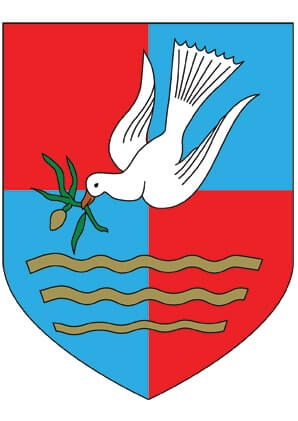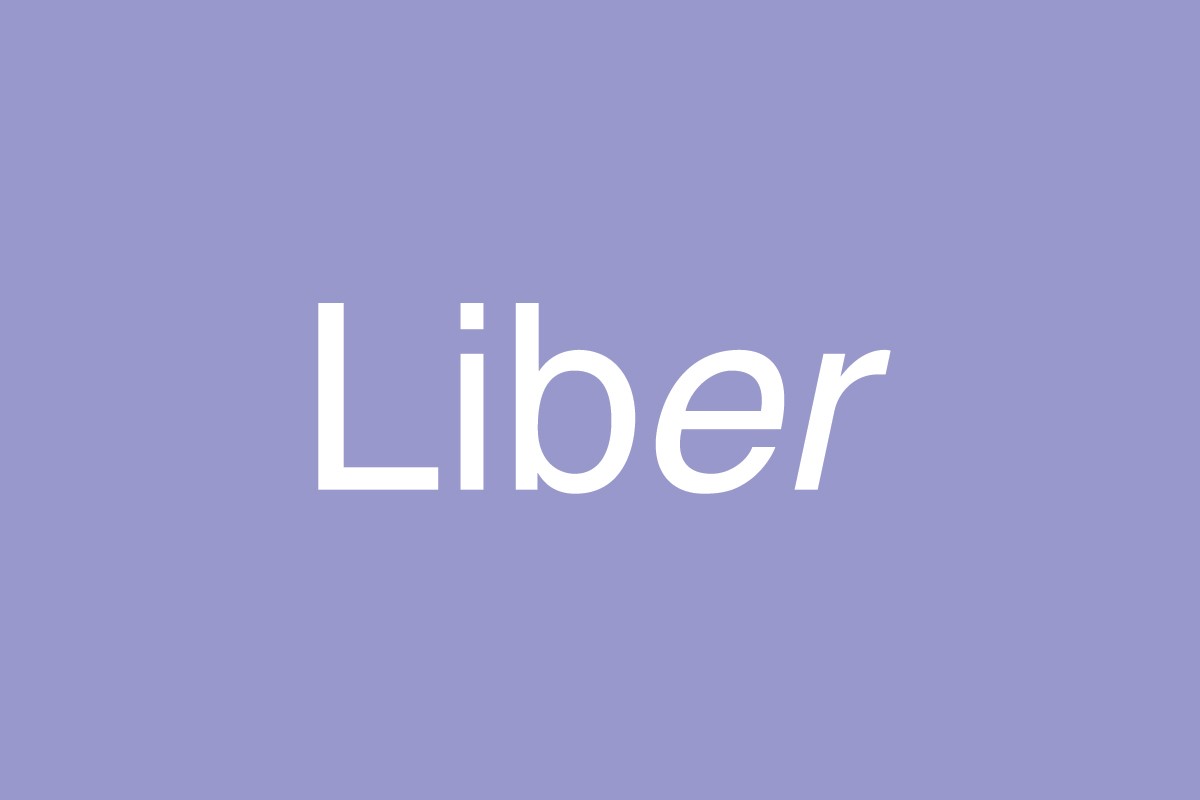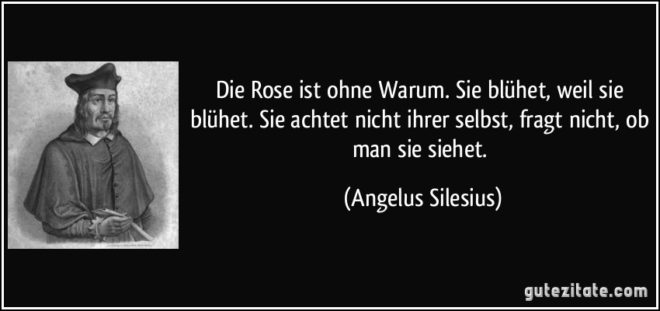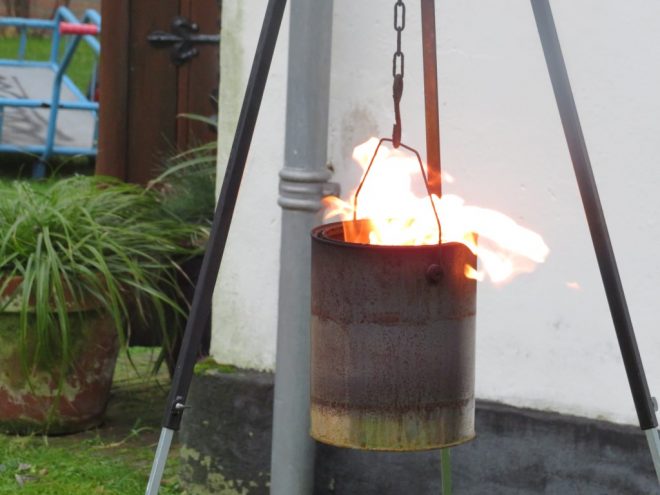Transitium ZeeVELD
Over the past ten years, ZeeVELD has been continuously tidying up, renovating, renovating and arranging our physical accommodation. Less visible, but no less active, all those years we also worked on our inner house. The preliminary result: Transitium ZeeVELD – for those going through a transition process.
The accompanying vista: facilitating detachment processes by developing into the specialty of the monastic community Jan XVII. What ‘the nuns in Vught’ are for languages, ZeeVELD wants to mean to those who have to deal with an experience of loss. Once founded as a center for – many! – monastic traditions, we make the mother of all monastic traditions – learning to detach – our USP.
Liber
In this context, Thomas van Kleef developed a three-step detachment method that relies entirely on Christian monasticism, but at the same time does not utter a single Christian, spiritual or religious word. So that the methodology is accessible to everyone.
The steps that the practitioner takes again and again:
- He admits endlessly that he does not know much more than he does, and nevertheless organizes his life around what he thinks he does know.
- He relaxes
- He invites his well-knowing, finding, wanting, feeling, longing, etc., to show himself unabashedly to his (yet) not knowing and is therefore present – whatever it is, beautiful or ugly, ripe or green – then unaware .
The result: space, order, insight. By crossing our activity and our potential for almost complete inactivity, we become fertile. This exercise enables you to move along with what the evolution in large and in the minute wants of you and thus also: to be a -again- functioning part of the whole of things. Only: that such a thing is possible ‘you will only see when you realize it’. And unlike other methods or even denominations or spiritual schools, Liber does not start from that, or from a point of understanding or knowing, but in recognizing… more not to know than to know.
Liber in short: to practice honesty. To acknowledge that you have a high – or low – cap on yourself and hang your life on it, while it is objectively evident that you don’t know endlessly more than you do. How much foundation does what you call ‘your life’ actually have, the self that you call ‘yourself’…? And just that repeated honest acknowledgment that what pretends to be “I” to you is “a strange figure” to say the least, turns out to be purifying.
Anyway: too much for a blog, way too much, but one has to start somewhere. And perhaps the reader would prefer to start with this animation that Thomas made to explain step 3 of learning Liber.
.
And if this has interested you: on www.transitium.org you can read everything about Het Transitium in general and Liber in particular.








